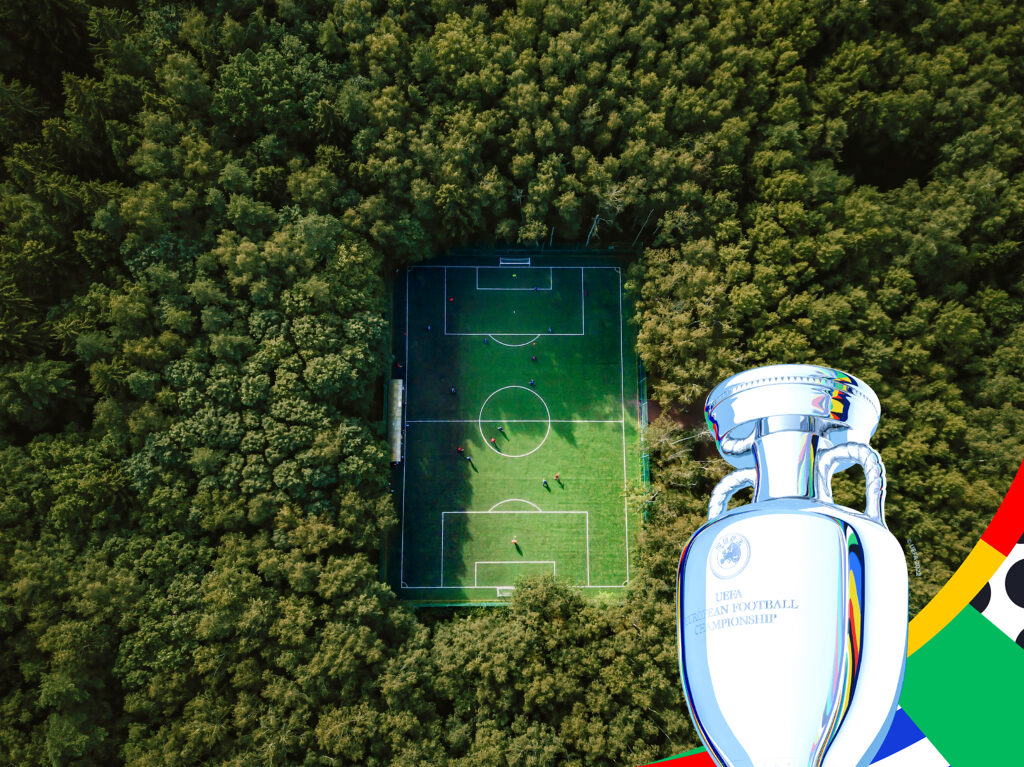Eurocup 2024 in Germany is set to make history not just for its thrilling football matches, but also for its groundbreaking sustainability initiatives. As the world increasingly prioritizes environmental responsibility, this year’s tournament aims to set a new standard for eco-friendly sporting events. From carbon-neutral stadiums to sustainable transportation options, Eurocup 2024 is on track to become the cleanest Eurocup to date.
Carbon-Neutral Stadiums: A Green Revolution
One of the key pillars of Eurocup 2024’s sustainability strategy is the commitment to carbon-neutral stadiums. Germany has invested heavily in upgrading existing venues and building new ones with the latest green technologies. These stadiums will be powered by renewable energy sources such as solar and wind power, significantly reducing their carbon footprint.
In addition to utilizing renewable energy, the stadiums are equipped with advanced energy-efficient systems. LED lighting, smart climate control, and water-saving fixtures are just a few of the features that contribute to the overall reduction in energy consumption. The use of locally sourced and sustainable building materials further enhances the environmental credentials of these venues.
Sustainable Transportation: Reducing Emissions
Transportation is another major focus for Eurocup 2024. With millions of fans expected to travel to and within Germany, the tournament organizers are promoting sustainable transportation options to minimize emissions. Public transport will be a cornerstone of this strategy, with enhanced services and discounted fares for match ticket holders.
Electric buses and trains will play a crucial role in transporting fans between cities and stadiums. Additionally, the tournament will feature extensive bike-sharing programs and pedestrian-friendly infrastructure, encouraging fans to choose greener modes of travel. For those who prefer to drive, carpooling incentives and the availability of electric vehicle charging stations will help reduce the environmental impact.
Waste Management and Recycling: Keeping It Clean
Eurocup 2024 is committed to minimizing waste and promoting recycling throughout the tournament. Organizers have implemented comprehensive waste management plans to ensure that waste is reduced, reused, and recycled wherever possible. In collaboration with local municipalities, the tournament will feature numerous recycling stations and clear signage to guide fans in proper waste disposal.
Single-use plastics will be significantly reduced, with a focus on biodegradable and reusable alternatives. Fans will be encouraged to bring their own reusable bottles and cups, with water refill stations readily available at all venues. This initiative not only reduces waste but also raises awareness about the importance of sustainable practices.
Sustainable Catering: Eco-Friendly Food and Beverage Options
Food and beverage services at Eurocup 2024 will also reflect the tournament’s commitment to sustainability. Catering providers are prioritizing locally sourced and organic ingredients to reduce the carbon footprint associated with food production and transportation. Vegetarian and vegan options will be widely available, catering to the growing demand for plant-based meals.
Eco-friendly packaging will be used for all food and beverages, with a strong emphasis on compostable and recyclable materials. This approach not only supports local farmers and producers but also minimizes waste and promotes a healthier, more sustainable lifestyle for fans.
Green Legacy: Lasting Impact Beyond the Tournament
Eurocup 2024’s sustainability initiatives aim to leave a lasting positive impact beyond the tournament. By showcasing the feasibility and benefits of green practices, the event hopes to inspire other sporting events and industries to adopt similar measures. The infrastructure improvements and environmental awareness generated by the tournament will benefit Germany and its residents for years to come.
In conclusion, Eurocup 2024 in Germany is poised to be the cleanest and greenest Eurocup yet. Through carbon-neutral stadiums, sustainable transportation, effective waste management, eco-friendly catering, and a lasting green legacy, the tournament is setting a new benchmark for environmentally responsible sporting events. Fans can look forward to not only enjoying world-class football but also participating in a historic step towards a more sustainable future.





